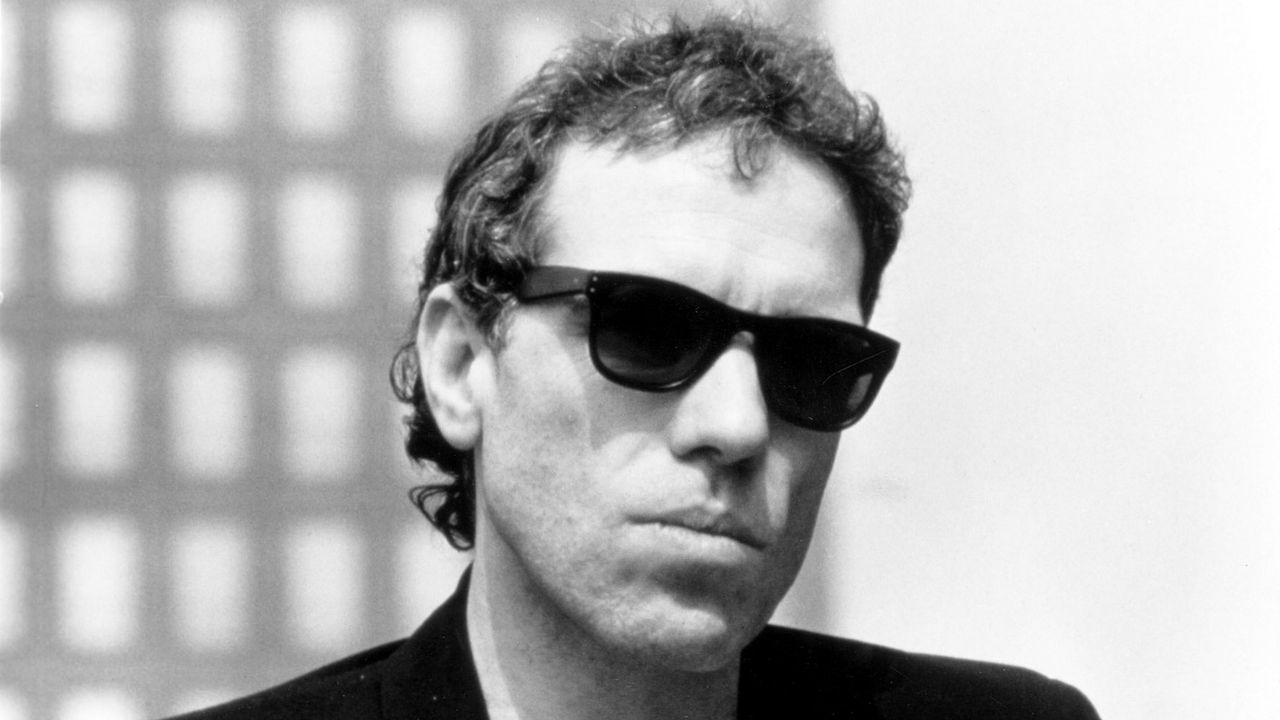As I descended further into my own hell, my career was taking off. It was the early ’90s, and independent auteur NYC filmmaking was having its moment in the sun. Spike, Jarmusch, the Coen brothers, the Angelika Film Center, Bob Shaye with New Line Cinema, and the Weinstein brothers with Miramax. But like my four-year-old once had me write on a cookie box, “Good things never last.” Hollywood called and like fools we all listened. Buying a crack pipe at two in the morning on Sunset Blvd wasn’t as easy as on the Lower East Side, but I found a way.
Walken was originally the Bad Lieutenant. We spent the week together in LA at the Marmont, working at fine-tuning the script. On the Sunday morning before I had to go back to New York and finish the prep, we had a meeting in my room, the producer Ed Pressman, Walken, and myself. Chris, in his usual direct way, said, “Ed, I know what Abel wants now, and I can’t give it to him.” Then he stood up, shook Ed’s hand, and walked out. It took a moment for it to register with Ed. “Should I go after him?” I couldn’t even muster an answer. Ed went racing off down the hall. I sat there thinking, damn, I already spent my director’s fee.
Maybe I should have expected it. During that week Chris had said to me, “What’s this fascination with religion? Come on—Christ? He’s an overused literary device.” Again Jay Julien came to the rescue. He gave the script to Harvey Keitel.
The teaching has to come from the teacher. It’s handed down physically to the student. Like the begat part of the Bible when you get all those names, it’s the same in the Buddhist texts. Proof of lineage. You can watch Mean Streets and Raging Bull all you want, but you’re not going to get it just by watching. It’s got to come direct from the source, hand-to-hand, face-to-face. The first thing Harvey said to me was, “There is a lot you guys can teach me, but there are things I can teach you.”

